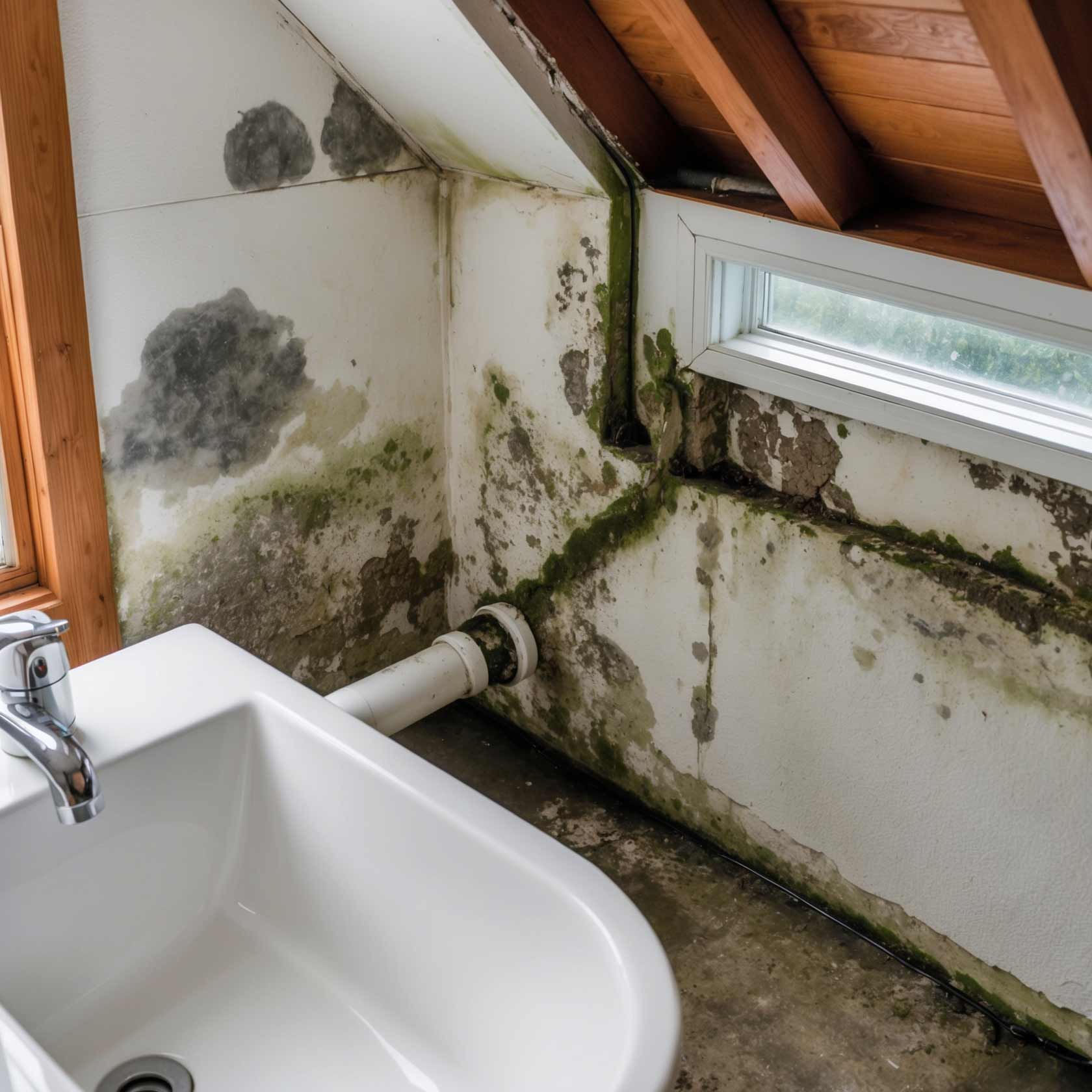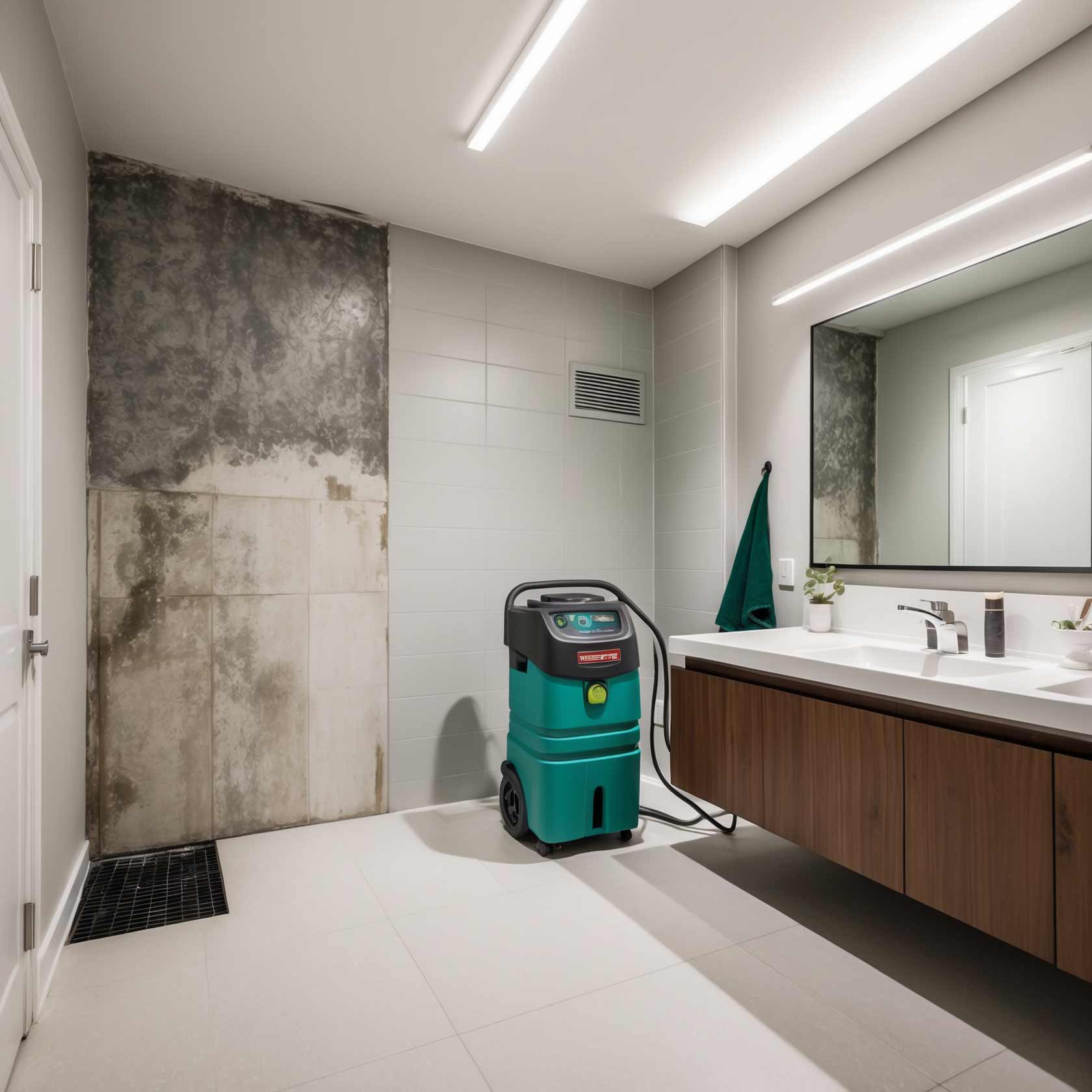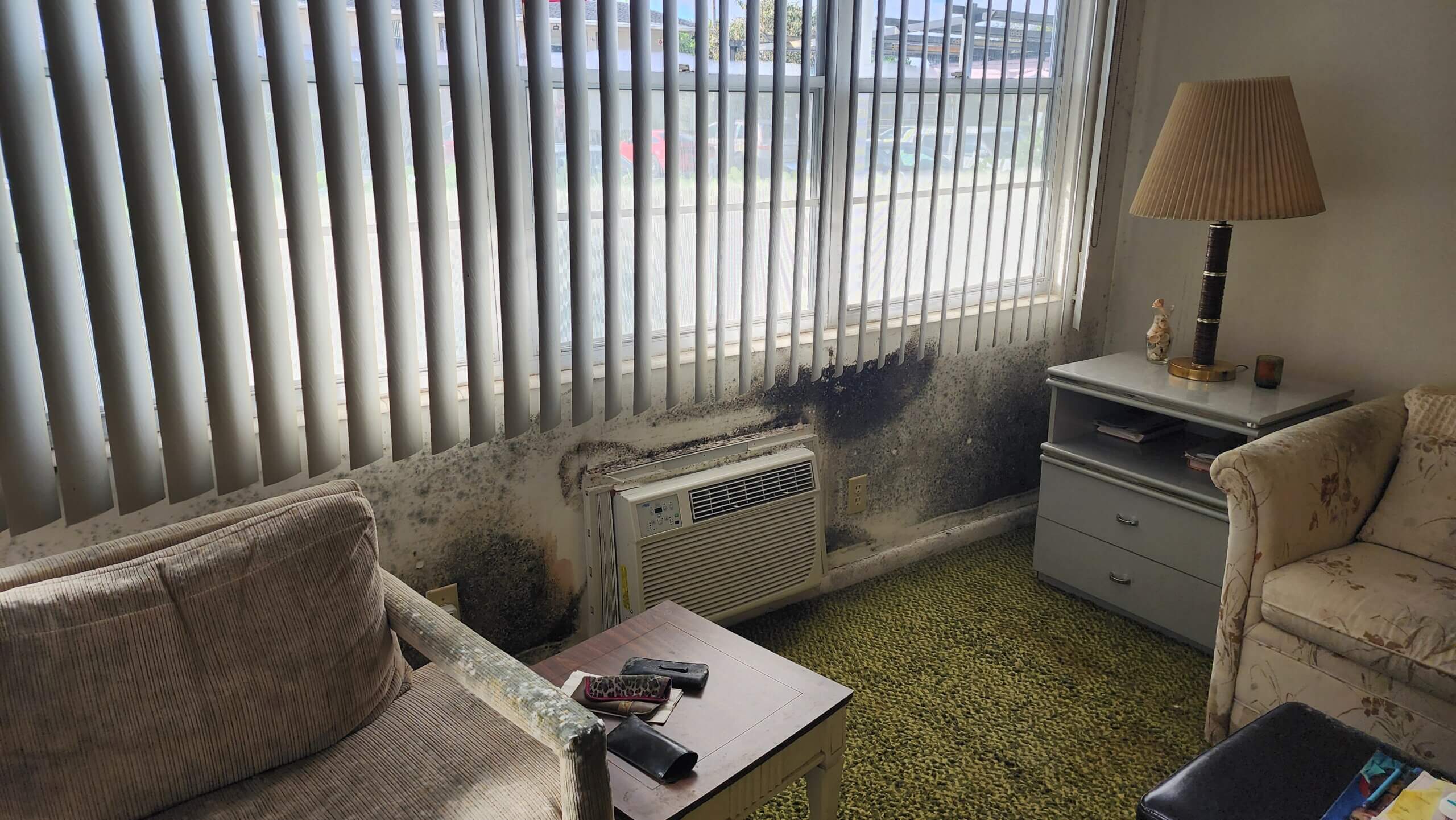What Kills 100% Of Mold?
Mold is one of those pesky problems that can pop up in any home or building. It thrives in damp, humid environments and can wreak havoc on your health and property. If you've ever found yourself asking, "What kills 100% of mold?" you're not alone. This article delves deep into the world of mold remediation, exploring effective methods to eliminate mold completely and ensure a healthier living environment.
Understanding Mold: The Basics
What is Mold?
Mold is a type of fungus that grows in multicellular structures called hyphae. These organisms thrive in moist conditions, feeding off organic materials like wood, paper, and even dust. While some molds are harmless, others can produce allergens and toxic substances known as mycotoxins.
Why Does Mold Develop?
Mold loves moisture! It flourishes in areas with high humidity levels or water damage. Common places for mold growth include:
- Bathrooms
- Kitchens
- Basements
- Around windows
Health Risks Associated with Mold Exposure
Exposure to mold can lead to various health issues, particularly for individuals with allergies, asthma, or weakened immune systems. Here are some common symptoms:
- Sneezing
- Coughing
- Skin rashes
- Eye irritation
If you suspect you have a mold problem, it's crucial to act quickly.
What Kills 100% Of Mold? Exploring Effective Solutions
When confronted with a mold issue, practitioners often ask the same question: "What kills 100% of mold?" Unfortunately, there’s no single answer to this query since various methods can be effective depending on the situation.
1. Chemical Treatments: The Heavy Hitters
Bleach: The Classic Solution
Bleach is one of the most popular choices when it comes to killing mold on non-porous surfaces. Its strong chemical composition effectively eradicates surface-level mold quickly but has limitations.
Pros:
https://tiptop-plumbing.com/pembroke-pines/mold-remediation- Fast acting
- Affordable
Cons:
- Ineffective on porous surfaces (like drywall)
- Can cause respiratory irritation
Hydrogen Peroxide: A Safer Alternative
Hydrogen peroxide serves as an excellent alternative for killing mold without harsh fumes associated with bleach.
Pros:
- Non-toxic
- Works on porous surfaces
Cons:
- May require longer contact time compared to bleach
2. Natural Remedies: Gentle Yet Effective
Vinegar: Nature's Cleaner
Vinegar is a natural solution that many homeowners turn to due to its effectiveness against mild cases of mold.

How to Use:
Baking Soda: A Multi-Purpose Fighter
Baking soda isn’t just for baking; it’s also effective in combating mold!
Application Method:
3. Professional Mold Remediation Services
Sometimes DIY solutions aren’t enough, especially for extensive infestations. In such cases, hiring professionals may be necessary.
Benefits of Professional Help
Engaging a professional service ensures that:
Preventing Mold Growth After Remediation
Once you've tackled the problem head-on by asking "What kills 100% of mold?", it's essential to prevent future occurrences.
Humidity Control Measures
Maintaining indoor humidity levels below 50% is crucial for inhibiting mold growth:
- Use dehumidifiers in damp areas.
- Ensure proper ventilation throughout your home.
Proper Maintenance Practices
Keeping an eye on potential sources of moisture can save you from future headaches:
- Fix leaky faucets promptly.
- Clean gutters regularly.
FAQs About Mold and Its Elimination
1. How do I know if I have a serious mold problem?
Look out for visible growth, musty odors, or health symptoms like coughing or sneezing when indoors.
2. Can I remove mold myself?
Yes! Small patches can often be managed using vinegar or hydrogen peroxide; however, professional assistance may be required for larger infestations.

3. What should I wear during cleanup?
Protective gear such as gloves, masks, and goggles is recommended when dealing with mold removal tasks.
4. Is it safe to live in a house with mold?
It depends on the extent of infestation and personal sensitivities—consulting a professional is advisable if you're uncertain about safety levels.
5. Are there any long-term solutions to prevent future outbreaks?
Regular maintenance checks combined with humidity control strategies go a long way toward preventing recurrent issues!

6. How quickly should I act if I discover mold?
The sooner you address it after discovery—the better! Acting quickly minimizes health risks and damage potential.
Conclusion
In conclusion, tackling the question "What kills 100% of mold?" requires understanding both immediate solutions and long-term prevention strategies through effective practices like regular maintenance and humidity control measures alongside proactive steps like professional remediation services where needed! With knowledge at hand about these processes plus resources available out there today—there’s no need to let pesky molds take over your space anymore!
So next time you find yourself facing this unwelcome guest—remember what you've learned here today! Embrace these methods confidently; you’re now armed with all sorts of info about how best-to-fight against this troublesome fungus once-and-for-all!
This article serves as an extensive guide on how to deal with all things related to molds—from identification through eradication towards prevention tactics ensuring peace-of-mind within homes everywhere across communities worldwide!